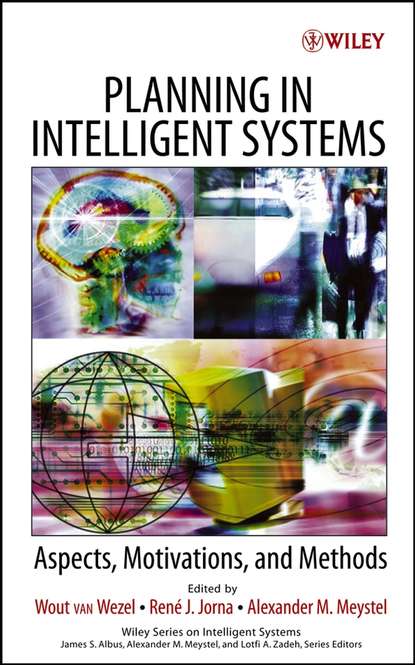- бизнес-книги
- детские книги
- дом, дача
-
зарубежная литература
- зарубежная деловая литература
- зарубежная драматургия
- зарубежная классика
- зарубежная компьютерная литература
- зарубежная литература о культуре и искусстве
- зарубежная образовательная литература
- зарубежная поэзия
- зарубежная прикладная литература
- зарубежная психология
- зарубежная публицистика
- зарубежная религиозная и эзотерическая литература
- зарубежная религиозная литература
- зарубежная справочная литература
- зарубежная старинная литература
- зарубежная фантастика
- зарубежная эзотерическая литература
- зарубежное фэнтези
- зарубежные боевики
- зарубежные детективы
- зарубежные детские книги
- зарубежные любовные романы
- зарубежные приключения
- зарубежный юмор
- современная зарубежная литература
- знания и навыки
- история
- комиксы и манга
- легкое чтение
- психология, мотивация
- публицистика и периодические издания
- родителям
- серьезное чтение
- спорт, здоровье, красота
- хобби, досуг
R. Jorna J. — Planning in Intelligent Systems
Купить и скачать за 20873.79 ₽

Понравилась книга? Поделись в соцсетях:
Автор: R. Jorna J.
Издатель: John Wiley & Sons Limited
ISBN: 9780471781257
Описание: The first comparative examination of planning paradigms This text begins with the principle that the ability to anticipate and plan is an essential feature of intelligent systems, whether human or machine. It further assumes that better planning results in greater achievements. With these principles as a foundation, Planning in Intelligent Systems provides readers with the tools needed to better understand the process of planning and to become better planners themselves. The text is divided into two parts: * Part One, «Theoretical,» discusses the predominant schools of thought in planning: psychology and cognitive science, organizational science, computer science, mathematics, artificial intelligence, and systems theory. In particular, the book examines commonalities and differences among the goals, methods, and techniques of these various approaches to planning. The result is a better understanding of the process of planning through the cross-fertilization of ideas. Each chapter contains a short introduction that sets forth the interrelationships of that chapter to the main ideas featured in the other chapters. * Part Two, «Practical,» features six chapters that center on a case study of The Netherlands Railways. Readers learn to apply theory to a real-world situation and discoverhow expanding their repertoire of planning methods can help solve seemingly intractable problems. All chapters have been contributed by leading experts in the various schools of planning and carefully edited to ensure a consistent high standard throughout. This book is designed to not only expand the range of planning tools used, but also to enable readers to use them more effectively. It challenges readers to look at new approaches and learn from new schools of thought. Planning in Intelligent Systems delivers effective planning approaches for researchers, professors, students, and practitioners in artificial intelligence, computer science, cognitive psychology, and mathematics, as well as industry planners and managers.